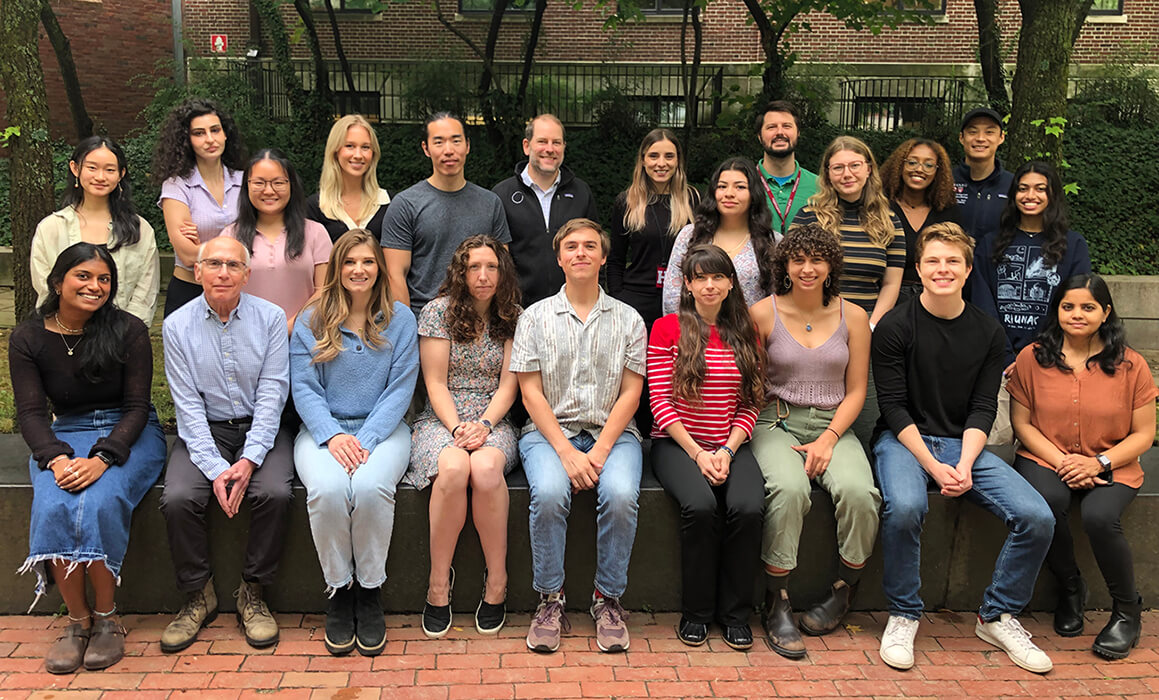
Rubin Lab Research
Summary
Our laboratory is broadly interested in the mechanisms underlying changes in the nervous system that occur because of aging or disease, as well as the interactions between the nervous system and the rest of the body. Studies involve a variety of in vivo, in vitro, and in silico approaches to generate insights into the complex molecular pathways that drive different disease states with a goal of identifying novel therapeutic insights. Current efforts in the lab include studies of the aging brain, CNS disorders (including neuromuscular and neurodegenerative) and skeletal muscle disorders.
Areas of Investigation
Aging of the Brain
Aging is the biggest risk factor for developing late-onset neurodegenerative diseases, such as Alzheimer’s disease (AD) and Parkinson’s disease. We are interested in identifying and studying the common biochemical changes that underlie aging and neurodegeneration.
Skeletal Muscle
Neuromuscular disorders, such as Spinal Muscular Atrophy (SMA), often involve direct skeletal muscle defects in addition to the more well-studied spinal cord neuron degeneration. For example, SMA patients present with widespread muscle atrophy and weakness. Skeletal muscle tissue is known to regenerate rather well, a capability that is attributed to the activity of satellite cells, the resident skeletal muscle stem cell. We are carrying out studies to evaluate if defects in satellite cells contribute to neuromuscular disease. Our research combines the use of patient-derived iPSCs, genetic mouse models, and phenotypic drug screening methods.